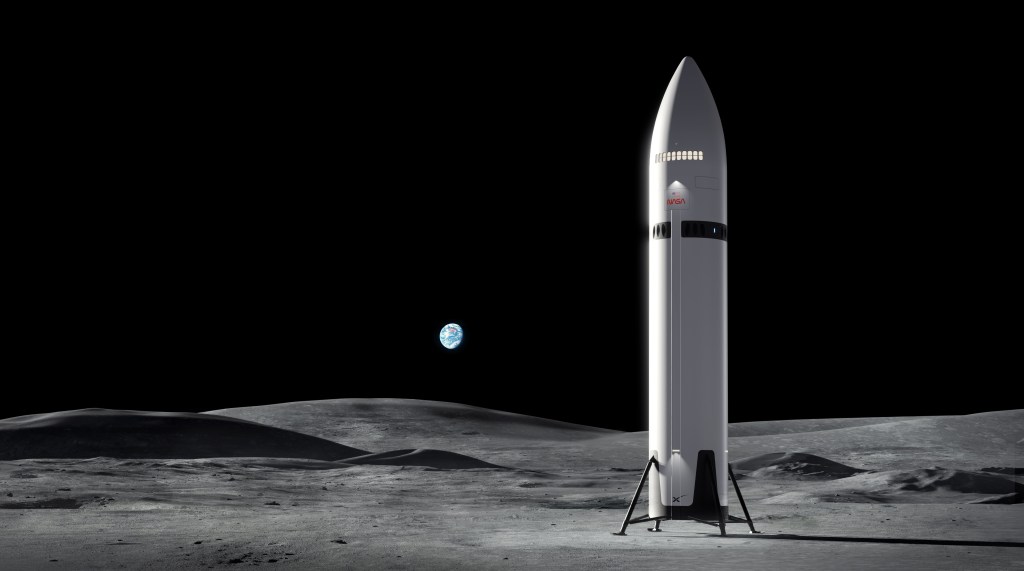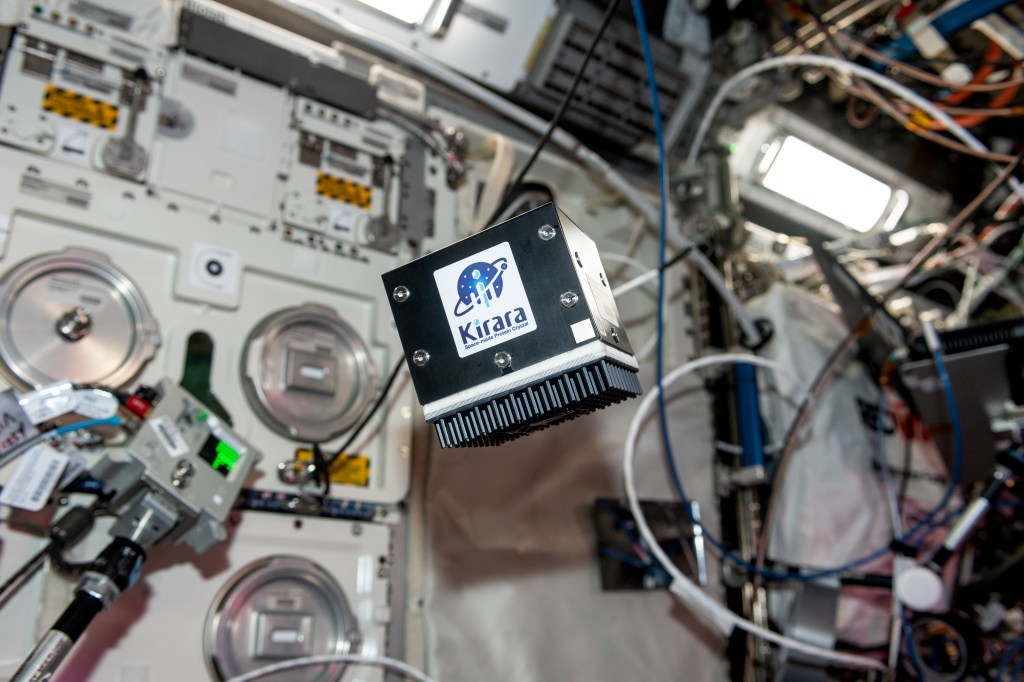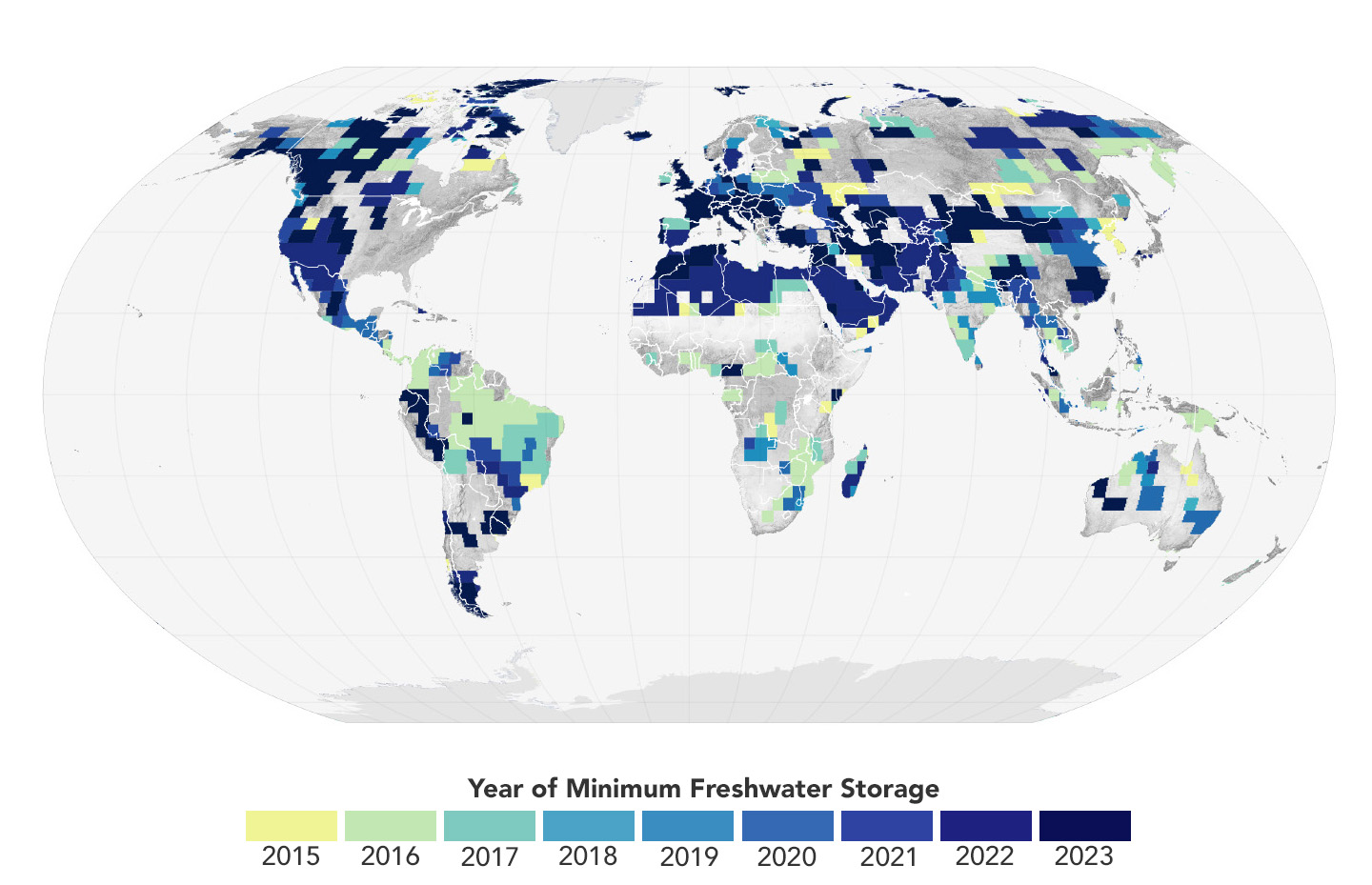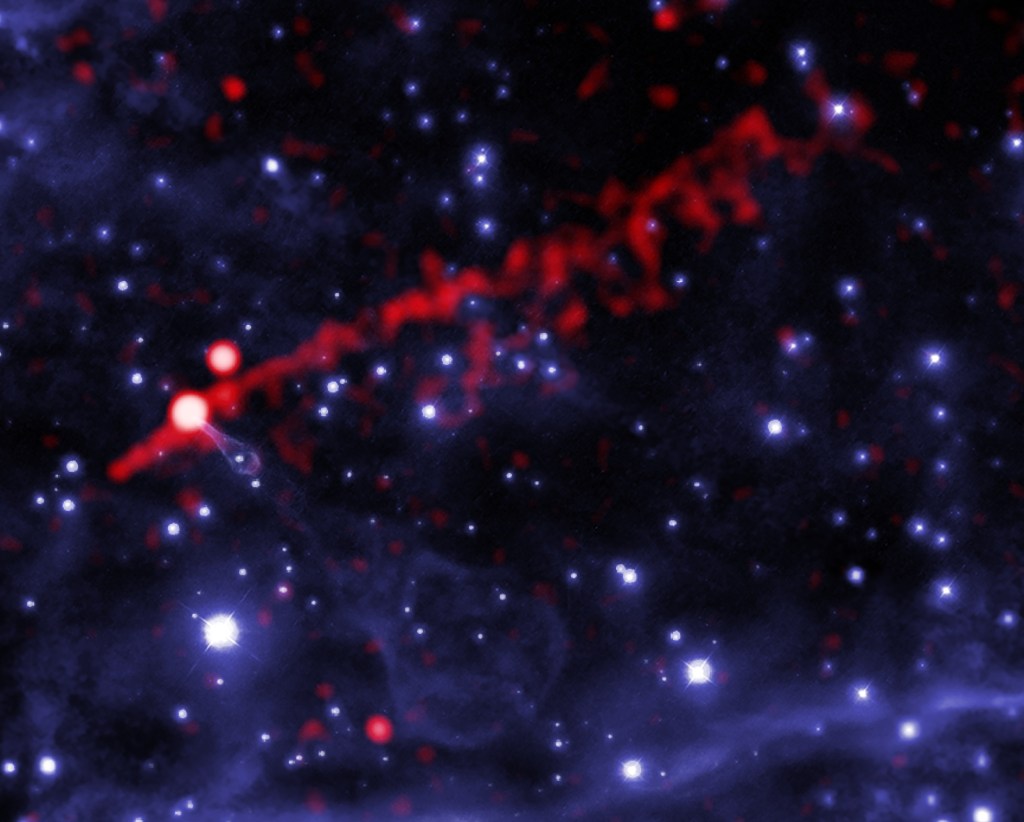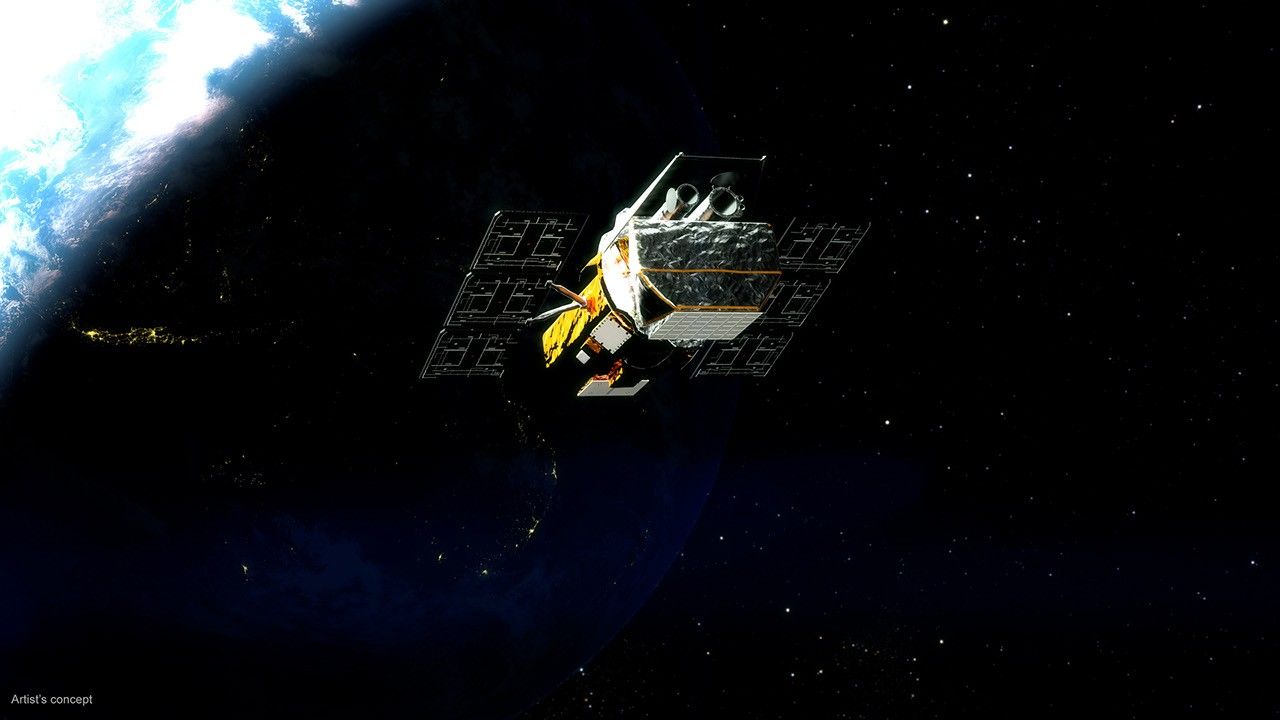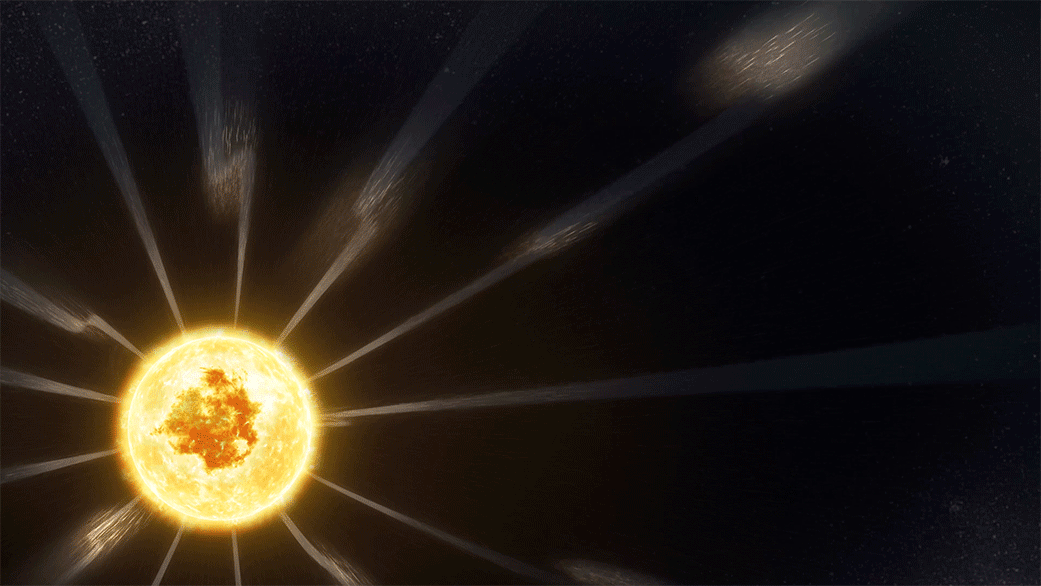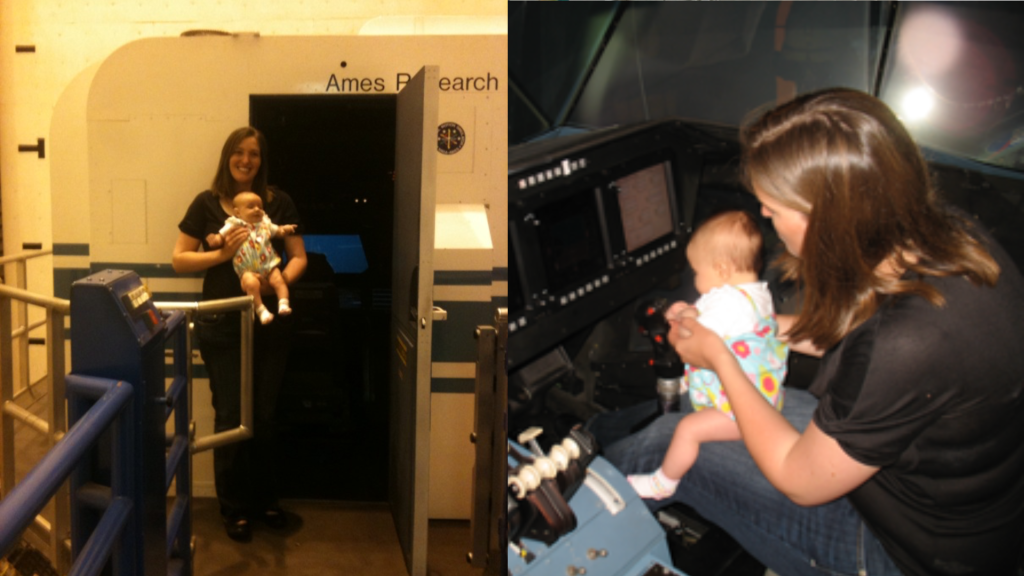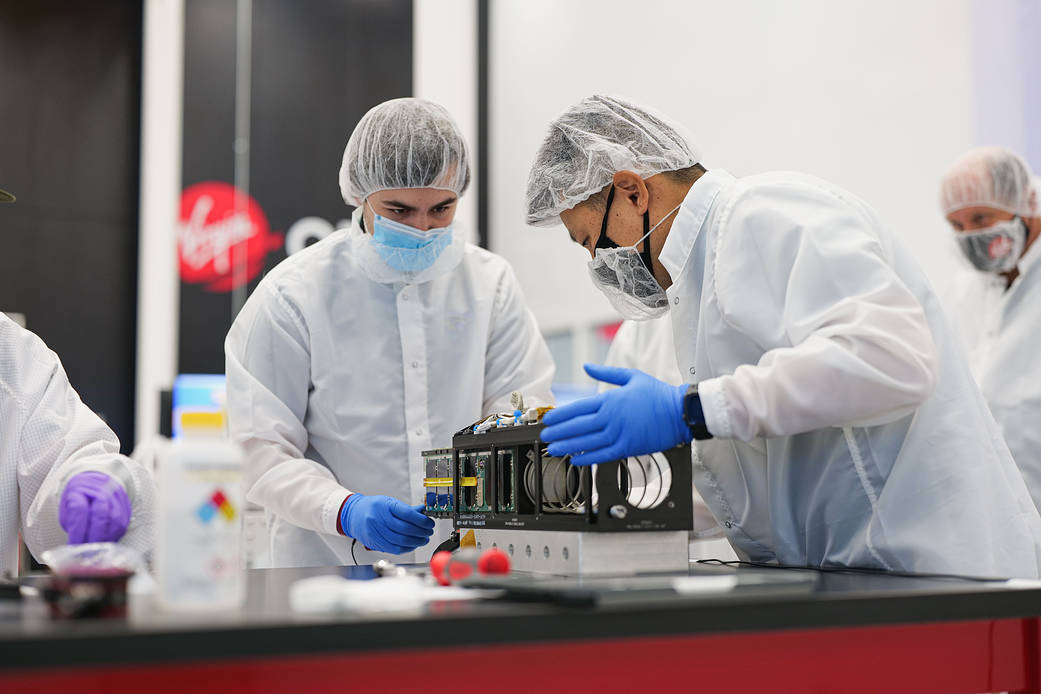Members of the Educational Launch of Nanosatellites (ELaNa) 20 mission teams completed final preparations of their respective CubeSats inside Virgin Orbit’s payload processing facility in Long Beach, California, on Oct. 12, 2020. Shown above is the MiTEE payload, developed by the University of Michigan in Ann Arbor, Michigan. These small satellites are part of NASA’s ELaNa 20 payload complement, targeted to launch on the company’s Launch Demo 2 mission before the end of the year.
Installation of the ELaNa 20 CubeSats within their dispensers clears the way for installation of the payload fairing of the company’s LauncherOne rocket. The integrated payload fairing assembly will then be shipped to the Mojave Air and Space Port in California, where it will be mated to the rocket in the company’s mobile cleanroom. LauncherOne will then be attached below the wing of Virgin Orbit’s carrier aircraft, “Cosmic Girl,” and carried aloft for launch after taking off from the Mojave Air and Space Port in California.
The agency’s ELaNa 20 mission comprises eight NASA-sponsored CubeSats selected by the CubeSat Launch Initiative (CSLI) and developed by educational institutions across the United States as well as NASA’s Ames Research Center in Silicon Valley, California. CubeSats launching on ELaNa 20 are:
- PolarCube – University of Colorado at Boulder, Colorado
- MiTEE – University of Michigan, Ann Arbor
- CACTUS-1 – Capitol Technology University, Laurel, Maryland
- Q-PACE – University of Central Florida, Orlando
- TechEdSat-7 – NASA’s Ames Research Center, Silicon Valley, California
- RadFXSat-2 – Vanderbilt University, Nashville, Tennessee
- EXOCUBE-2 – California Polytechnic University, San Luis Obispo
- CAPE-3 – University of Louisiana at Lafayette, Louisiana
- PICS – Brigham Young University, Provo, Utah
CSLI provides launch opportunities for small payloads that hitch rides with planned spaceflight missions led by NASA, other U.S. government agencies, or commercial organizations. ELaNa missions are facilitated by the agency’s Launch Services Program, based at Kennedy Space Center in Florida. Through CSLI, NASA provides CubeSat developers at universities, high schools, non-profit organizations, and NASA centers and programs a low-cost pathway to conduct scientific investigations and technology demonstrations in space. This enables students, teachers, and faculty to obtain hands-on flight hardware development experience.
Photo credit: Virgin Orbit/Greg Robinson





